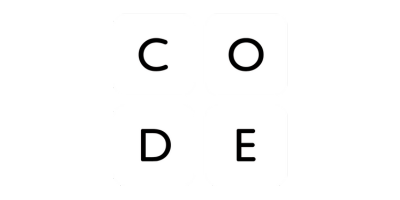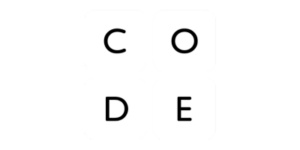Prioritized foundational content specific to AI:
see below
see below
see below
see below
The Pathway Capstone Course is an opportunity for students to apply advanced computer science knowledge and problem-solving, communication, and collaboration skills to tackle a personally meaningful computing project. Students will design innovative solutions and present them to authentic audiences, preparing them for future academic and professional pursuits. This course is designed to inspire creativity, foster collaboration, and demonstrate proficiency in real-world application of the knowledge, skills, and dispositions developed during prior coursework and experiences.
View the Implementation and Integrating CS pages to learn more about how to teach foundational and specialty content to students.
This project is supported by the National Science Foundation (NSF) under Grant No. 2311746. Any opinions, findings, and conclusions or recommendations expressed in this material are those of the author(s) and do not necessarily reflect the views of the NSF.













